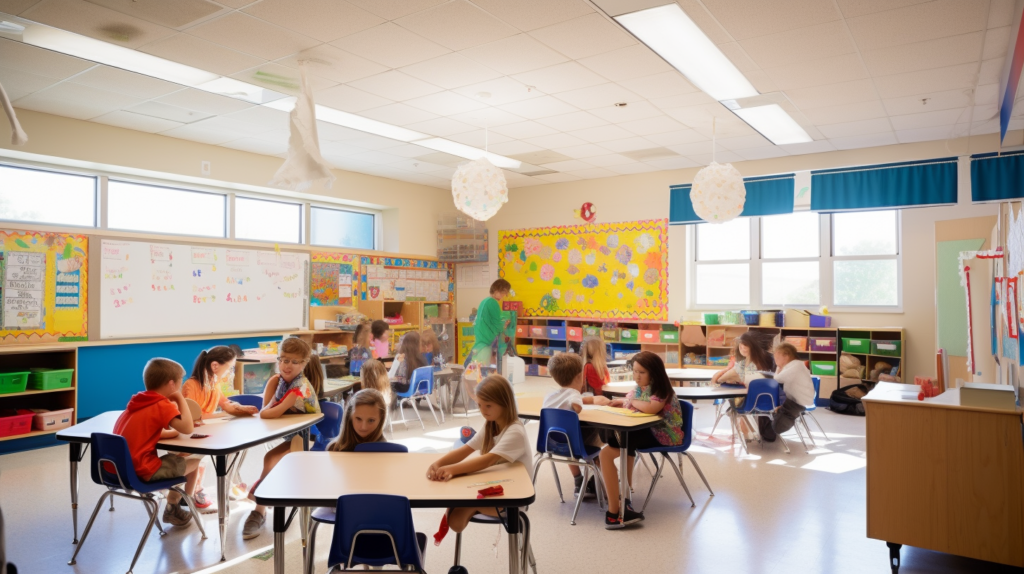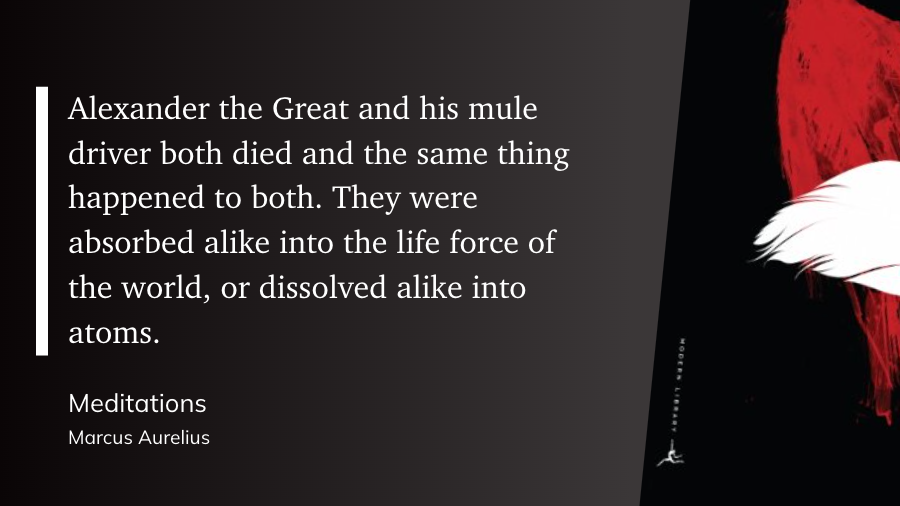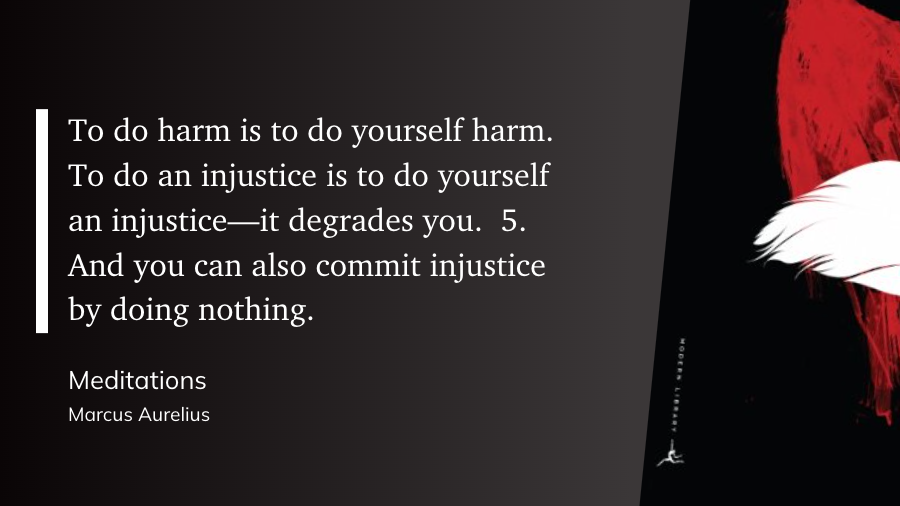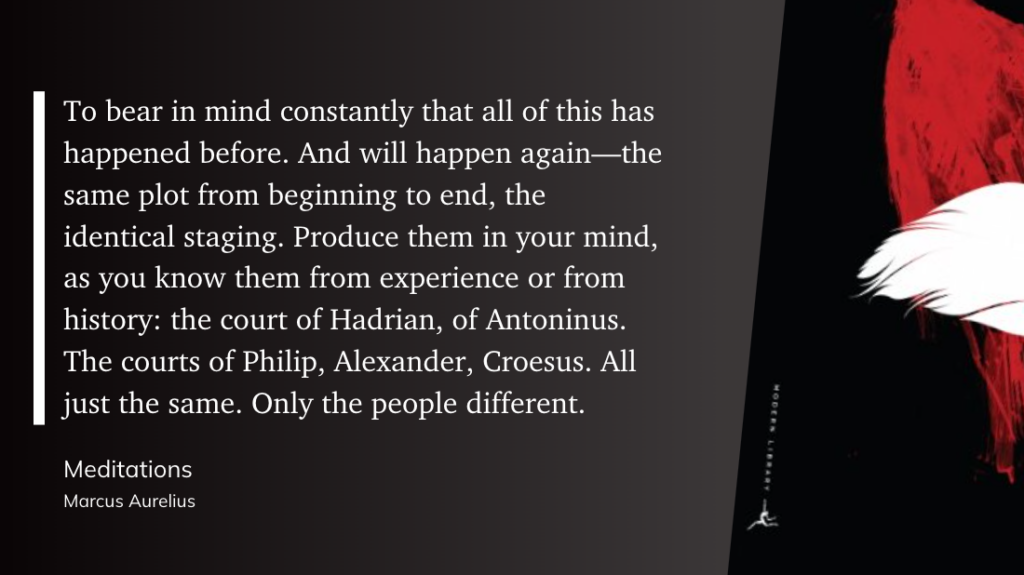Education plays a crucial role in every child’s life, but not all students have the same needs or abilities. Inclusion and equal opportunities for students with disabilities are paramount to ensure their success. The Individuals with Disabilities Education Act (IDEA) is a federal law that protects the rights of children with disabilities and guarantees them access to free appropriate public education (FAPE). In this guide, we will explore what IDEA is, its key components, rights and protections, and how educators and parents can collaborate to support children’s educational journey.
Education is a fundamental right, and IDEA ensures that children with disabilities receive the necessary support and accommodations to access quality education. IDEA was first enacted in 1975 and has since undergone revisions to strengthen its provisions and protect the rights of students with disabilities. This comprehensive law aims to ensure that all children, regardless of their disabilities, have equal access to education and the opportunity to reach their full potential.
Understanding IDEA: What is IDEA and its purpose
Definition of IDEA
IDEA stands for the Individuals with Disabilities Education Act. It is a federal law in the United States that governs special education services for children with disabilities. IDEA provides guidelines and regulations for identifying, evaluating, and providing appropriate educational services to eligible children.
History and background
IDEA was originally known as the Education for All Handicapped Children Act (EAHCA) and was signed into law in 1975. The primary purpose of this legislation was to ensure that children with disabilities have equal access to education. Over the years, IDEA has evolved to enhance the rights and protections for students with disabilities and their families.
The purpose of IDEA
The main purpose of IDEA is to ensure that children with disabilities have access to a free appropriate public education (FAPE) that meets their unique needs. IDEA emphasizes the importance of providing special education and related services to children with disabilities in the least restrictive environment (LRE) possible.
Importance for educators and parents
IDEA has a significant impact on both educators and parents. For educators, IDEA sets forth guidelines for identifying and serving students with disabilities, ensuring they receive the necessary accommodations and support to succeed academically. It outlines the rights and responsibilities of educators, including the development of individualized education programs (IEPs) and collaboration with parents and related service providers.
For parents, IDEA provides a framework to advocate for their child’s rights, access appropriate educational services, and actively participate in the decision-making process. It safeguards parental involvement, ensuring parents have a say in their child’s education, including the development of the IEP, placement decisions, and access to procedural safeguards.
Key Components of IDEA
IDEA consists of several key components that work together to support students with disabilities in their educational journey. Understanding these components is crucial for educators and parents to effectively navigate the special education process and provide the best possible support for children.
Free Appropriate Public Education (FAPE)
FAPE is a cornerstone of IDEA. It guarantees that all eligible children with disabilities, regardless of the nature or severity of their disabilities, have the right to receive a free appropriate public education. This means that schools must provide special education and related services at no cost to the parents to meet the unique needs of each child.
Individualized Education Program (IEP)
The IEP is a written document developed for every child who qualifies for special education services under IDEA. It is a collaborative effort between educators, parents, and other professionals involved in the child’s education. The IEP outlines the child’s present levels of performance, annual goals, specific services, accommodations, and modifications required to support the child’s educational progress.
Least Restrictive Environment (LRE)
The LRE provision emphasizes the importance of placing students with disabilities in inclusive settings to the maximum extent appropriate. IDEA mandates that children with disabilities should be educated alongside their non-disabled peers to the greatest extent possible, while still ensuring they receive the necessary specialized instruction and support.
Parental Involvement and Rights
IDEA recognizes the critical role of parents in their child’s education. It guarantees parental involvement and provides certain rights to parents throughout the special education process. Parents have the right to participate in the development of their child’s IEP, request evaluations, receive progress reports, and engage in dispute-resolution procedures.
Evaluation and identification process
IDEA ensures that children with disabilities are identified and evaluated promptly to determine their eligibility for special education services. The evaluation process involves various assessments and tests to gather information about the child’s strengths, weaknesses, and specific needs. The evaluation results help determine if the child qualifies for an IEP.
Related services and supports
IDEA recognizes that some children with disabilities require additional support services to benefit from their education fully. These services, known as related services, can include speech therapy, occupational therapy, counseling, transportation, and more. IDEA mandates that related services necessary for a child to receive a FAPE must be provided at no cost to parents.
Rights and Protections under IDEA
IDEA establishes rights and protections to ensure that children with disabilities and their families are treated fairly and have access to appropriate educational services. These rights and protections help safeguard the educational rights of students with disabilities and provide mechanisms for resolving disputes.
Procedural safeguards
IDEA outlines a set of procedural safeguards that protect the rights of children with disabilities and their parents. These safeguards ensure that parents are actively involved in decision-making processes and have access to necessary information and safeguards. Some of the procedural safeguards include written prior notice, consent requirements, the right to an independent educational evaluation (IEE), and the right to resolve disputes through mediation or due process.
Due process
Due process is a mechanism provided by IDEA to resolve disputes between parents and schools. It ensures that parents have the right to challenge decisions made by the school district regarding their child’s identification, evaluation, placement, or provision of services. Due process hearings provide an impartial forum for resolving disagreements and reaching a resolution.
Confidentiality
IDEA protects the privacy and confidentiality of students’ educational records. Schools must obtain written consent from parents before disclosing personally identifiable information about a child, except in specific circumstances outlined by the law. This provision ensures that the child’s educational information remains secure and confidential.
Dispute resolution options
IDEA offers multiple dispute resolution options for parents and schools to address conflicts and disagreements. These options include mediation, due process hearings, and complaint procedures. Mediation is a voluntary process where a neutral third party facilitates a resolution between the parties involved. Due process hearings involve a more formal procedure, and complaint procedures allow parents to file complaints with the appropriate education agency.
Collaborating between Educators and Parents
Effective collaboration between educators and parents is crucial for supporting the educational journey of students with disabilities. By working together, educators and parents can create a supportive and inclusive environment that meets the unique needs of each child.
Importance of Collaboration
Collaboration between educators and parents ensures a comprehensive understanding of the child’s strengths, challenges, and goals. It promotes a holistic approach to education, where the expertise and insights of both educators and parents are valued and integrated into the child’s educational plan.
Building effective partnerships
Building an effective partnership requires open communication, mutual respect, and shared decision-making. Educators and parents should establish regular channels of communication, such as meetings, emails, or phone calls, to discuss the child’s progress, concerns, and any necessary adjustments to the educational plan.
Communication strategies
Effective communication is essential to maintain a strong partnership. Educators should communicate with parents in a clear and timely manner, providing updates on the child’s progress, any changes in the IEP, and opportunities for parental involvement. Parents, on the other hand, should openly communicate their concerns, observations, and aspirations for their child’s education.
Sharing information and feedback
Both educators and parents bring valuable insights and knowledge about the child’s strengths, interests, and learning preferences. Sharing this information helps create a more individualized and tailored educational experience for the child. Educators should seek input from parents and involve them in decision-making processes, while parents should share relevant information about the child’s home life, hobbies, and personal goals.
Implementing IDEA in Schools
Implementing IDEA effectively in schools requires a collective effort from educators, administrators, and support staff. It involves creating inclusive classrooms, differentiating instruction, and continually monitoring the child’s progress.
Roles and responsibilities of educators
Educators play a critical role in implementing IDEA by providing quality instruction, accommodations, and support to students with disabilities. They should be knowledgeable about the child’s specific needs, the IEP goals, and the necessary instructional strategies and modifications. Educators should collaborate with colleagues, special education coordinators, and related service providers to ensure the child’s needs are met effectively.
Creating inclusive classrooms
Inclusion is a core principle of IDEA. Educators should strive to create inclusive classrooms where students with disabilities learn alongside their peers without disabilities. This inclusive environment promotes social interaction, fosters empathy and understanding, and encourages the development of friendships and positive relationships.
Differentiating instruction
Every student has unique strengths and challenges, and differentiating instruction is essential to meet their individual needs. Educators should adapt and modify instructional methods, materials, and assessments to accommodate diverse learners. This may involve providing additional support, using assistive technology, or implementing alternative teaching strategies.
Monitoring progress and making adjustments
Regularly monitoring the child’s progress is vital to ensure that the educational plan remains effective and aligned with their goals. Educators should use ongoing assessments and progress monitoring tools to track the child’s academic and social-emotional development. If necessary, adjustments should be made to the IEP to address any emerging needs or challenges.
Resources and Support for Educators and Parents
Numerous resources and support systems are available to assist educators and parents in navigating IDEA and supporting students with disabilities.
National and local organizations
National and local organizations, such as the Council for Exceptional Children (CEC), National Center for Learning Disabilities (NCLD), and Parent Teacher Association (PTA), offer valuable resources, information, and support for educators and parents. These organizations provide access to research-based practices, professional development opportunities, and networks of professionals and families.
Professional development opportunities
Continual professional development is essential for educators to stay updated with best practices in special education. School districts, educational agencies, and organizations offer professional development opportunities, workshops, and conferences focused on IDEA implementation, instructional strategies, behavior management, and other relevant topics.
Online resources and tools
The internet provides a wealth of resources for educators and parents. Websites such as the U.S. Department of Education’s IDEA website and Understood.org, offer guides, articles, videos, and downloadable materials that can assist in understanding IDEA, developing effective IEPs, and implementing research-based instructional strategies.
Challenges and Considerations
Implementing IDEA and supporting students with disabilities can present challenges and considerations that educators and parents should be aware of.
Funding limitations
A common challenge in implementing IDEA is the availability of resources and funding. Providing appropriate accommodations, specialized services, and support can strain school budgets. Advocating for adequate funding and seeking grants and community partnerships can help address this challenge.
Inclusion and diversity
Creating inclusive classrooms requires addressing the unique needs of a diverse student population. Educators should be mindful of cultural, linguistic, and socio-economic factors that can influence the educational experiences of students with disabilities. Creating a culturally responsive and inclusive environment is crucial for meeting the needs of all learners.
Meeting individual needs
Each student with disabilities has unique strengths, challenges, and learning profiles. Educators must develop differentiated instructional plans that meet individual needs effectively. This requires ongoing professional development, collaboration, and access to appropriate resources and support.
Navigating the special education process
The special education process can be complex and overwhelming for both educators and parents. Understanding the legal requirements, timelines, and procedural steps can be challenging. Schools should provide guidance and support to parents, ensuring they understand their rights, options, and available resources.
Conclusion
IDEA is vital legislation that ensures the rights and access to education for students with disabilities. By understanding the key components of IDEA, the rights and protections it provides, and fostering effective collaboration between educators and parents, we can create inclusive learning environments that meet the unique needs of every child. While challenges exist, the resources and support available can help overcome these obstacles and ensure that all students have the opportunity to reach their full potential.
FAQs
1. How can parents get involved in the development of their child’s IEP?
Parents have the right to actively participate in the development of their child’s Individualized Education Program (IEP). They can attend IEP meetings, provide input regarding their child’s strengths and needs, and collaborate with educators and other professionals to set appropriate goals and accommodations.
2. What are some alternative dispute resolution options available under IDEA?
Under IDEA, alternative dispute resolution options include mediation, facilitated IEP meetings, and resolution sessions. These processes provide opportunities for open communication, negotiation, and resolution without the need for a formal due process hearing.
3. How can educators differentiate instruction for students with disabilities?
Educators can differentiate instruction by adapting teaching methods, providing additional support, modifying assignments and assessments, and incorporating assistive technology. They should consider individual needs, learning styles, and preferences when planning and delivering instruction.
4. What are some strategies for building effective partnerships between educators and parents?
Building effective partnerships requires open and ongoing communication, mutual respect, and shared decision-making. Regular meetings, emails, and phone calls can facilitate communication. Educators should actively seek input from parents and involve them in decision-making processes.
5. Where can educators and parents find additional resources on implementing IDEA?
Educators and parents can find additional resources on implementing IDEA from national and local organizations, professional development opportunities, and online platforms. Websites such as the U.S. Department of Education’s IDEA website, professional organizations, and educational agencies offer guides, articles, videos, and downloadable materials.
The Eclectic Educator is a free resource for everyone passionate about education and creativity. If you enjoy the content and want to support the newsletter, consider becoming a paid subscriber. Your support helps keep the insights and inspiration coming!





































